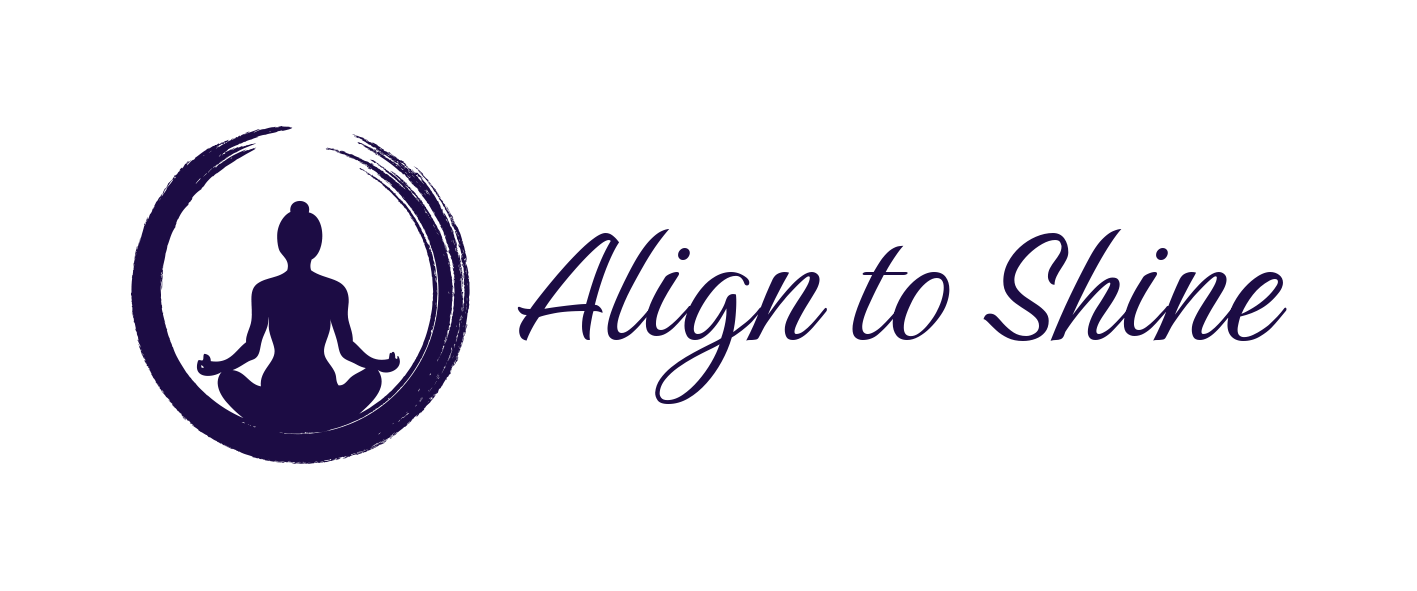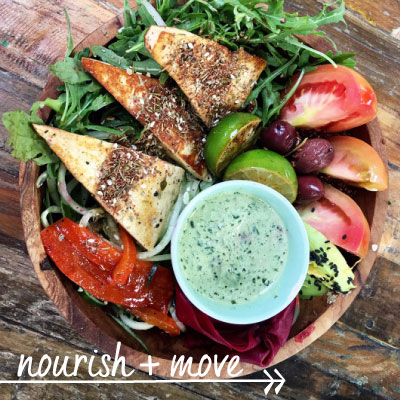
Displaying items by tag: parenting
3 Things You Should Never Say to an Anxious Child (and What to Do Instead)
It's normal to be anxious, and it's normal to react poorly to anxiety in others! Here are some tips if you're around anxious children.
It's normal and healthy for children (and adults for that matter) to feel anxious from time to time. However, when your child gets caught in the worry cycle, ruminating on his thoughts, this can lead to some pretty intense emotional toxicity. Suddenly, what started out as a little stress turns into a rather strong narrative of helplessness, fear, and insecurity. What your child is worried about will likely dissipate, but as a parent, it can be very frustrating and anxiety-provoking to watch!
How you react can make a difference. The things you say and don’t say can either inflame or soothe your worried child. Here are three statements you might want to consider avoiding, along with three things to do instead:
1. Calm Down. I don’t know about you, but when someone tells me to calm down when I am upset it only makes me feel worse. Here's the thing: When you tell children to calm down, immediately they are going to translate that into "This person doesn’t understand, they think I am overreacting, or they assume it is my fault."
As a result, children may get frustrated and angry because they feel you are taking sides or judging how they feel. They may become concerned that you will attempt to take over the situation, which in their minds will only make matters worse. Children who are anxious often report feeling out of control. When you attempt to take control of a situation by telling them to calm down, this can make them feel like they have lost control.
Instead: Rather than telling children to calm down, adults ought to focus more on calming themselves down. Once you feel the hairs sticking up on the back of your neck or tension in your face, this is a sign that you are going into reactivity. When you tell your child to calm down or chill out, this is a way you are attempting to manage your own anxiety. Instead, focus on your exhale while squeezing the muscles you use to hold your pee when you have to go to the bathroom. This will bring the tension down.
2. Don’t Worry About It. This statement can come off as condescending. While it might be a quick fix when your children are young, as they grow older they will catch on to you. For example, if they see that you struggle with worry, they are less likely to take your advice seriously. When you say "Don’t worry about it," it puts a strain on children to try to figure out how to let it go. I don’t know about you, but whenever I focus on attempting to let go of something it somehow intensifies the problem.
Instead: Focus on calm behavior. For example, rather than trying to figure out what to say, be an illustration for what you want your child to focus on. In this case, with a worried child you want them to focus on calming down. So rather than saying "Don’t worry about it," instead listen with full attention in a calm way.
3. Take a Breath. While it may seem like teaching your child to take a deep breath would be the right thing to do, the challenge is that anxious children are likely to take a dramatic inhale or resist their breath altogether. Breathing as a tool for calming down is a skill you develop. Without some guidance, children are likely to make their anxiety worse. This is because when you take a quick inhale, you can inflate the upper chest, making symptoms worse! This will make it less likely your child will use that strategy in the future.
Instead: Ease your way into breathing. For example, if your child is worked up, consider going for a stroll, swinging on a swing set, or offering your child a nice glass of cold water. Mindful practices such as these teach your child that calming down is a process not a quick fix. When we are quick to react with statements such as "Take a breath," this sends a message to your child that calming down should be quick and easy.
Rest assured that most of what your children are worried about now will at some point in the future be another hurdle they have crossed. While that might seem hard to picture when you are in the throes of anxiety, on the other side of all those worries are opportunities for you and your child to develop a sense of faith, trust, and patience for the process. So rather than getting caught up in what you will say, instead choose to be present to the situation without having to come up with the perfect words to change or alter the situation. Once the two of you feel settled and connected, then you can move on to coming up with solutions and ideas that may help.
Remember To Breathe
Surviving modern motherhood
Two courageous Kiwi women, one an author and the other a pediatrician, lay bare the raw joy, beauty, discomfort and humour of modern motherhood. The result is uplifting and fearless.
Parenting is messy, hilarious, heartrending, tiring and above all joyful. There is no one right way to do it – but now two brave mums have shared a bit of their journey, and invite you to “laugh and cry along with us.”
Mum is the word for critically acclaimed writers Michele Powles and Renee Liang, with the launch of their new book, When We Remember To Breathe. MiNDFOOD chats with Renee about the new book, motherhood and remembering to breathe.
Tell me about ‘When We Remember To Breathe’, how and why did this come about?
Michele and I had met at writers’ events, and talked about how in early motherhood we’d wanted to record all the special moments, but we were too tired! When we both got pregnant with our second children we decided to write to each other as a way of cheering each other on.
The conversation became more and more frank, with the joyful comedic moments mixed in with the moments of doubt and exhaustion. And as we wrote we developed our friendship. We weren’t intending to publish but after sharing with other mums, including our eventual publisher, we were persuaded otherwise!
How is this similar or different to your other books?
I’ve written three poetry chapbooks, which are small handmade books. I’ve also published eight anthologies of Kiwi migrant women’s writing. But I’m best known for work which isn’t ‘published’ – I’ve written and toured seven plays, many about growing up Chinese in Aotearoa. I’ve also written words and story for a opera and a couple of musicals, including The Bone Feeder Opera commissioned for Auckland Arts Festival in 2017. Although I’ve always drawn on my own experiences to write, this is the first time I’ve shared something so personal without hiding behind the fiction.
Personally, what has your experience of motherhood been?
I came to motherhood late – I was 39 when I had my first. But I’m also a pediatrician so I had spent years being asked for advice by parents! Having kids made it real for me, and also taught me that babies don’t read the textbooks on how they’re are supposed to behave. I was lucky – I had good support and my husband is the best co-parent. I get annoyed when people ask if the kids miss me when I go to work. Of course they do – but they have their dad, and all their grandparents and aunties and uncles to love them and keep them busy!
Both mine and my husband’s parents are immigrants (Chinese and Croatian) so we’re exploring with our kids what it means to come from many cultures – luckily both sides of the family love to hang out together and eat great food!
Why should mothers remember to breathe?
It’s like that advice you get on planes – in an emergency, put your own oxygen on first. Mums (and all who parent) need time to be themselves, to find their anchors and to fill their lungs with whatever oxygen gives them life.
Do you have any advice for new mums on coping with the challenges of motherhood and balancing a career?
Now when I see parents and grandparents in my clinic, I just want to give them a hug and tell them how well they’re doing. It’s the world’s hardest job but it’s also the most important. Accept help when you need it, offer it when you can. Balancing work and parenting is a different choice for everyone. Follow your instincts, ignore the unhelpful ‘advice’ and know your decisions are the best for your family.

When We Remember To Breathe is co-written by Renee Liang and Michele Powles and will be published on 1st May. NZ$25.00 on Magpie Pulp.
Contact Leonie Main
m: +64 (0) 274 96 96 33
19B Golf Road, Mount Maunganui 3116, New Zealand
Facebook: Gypset Life




